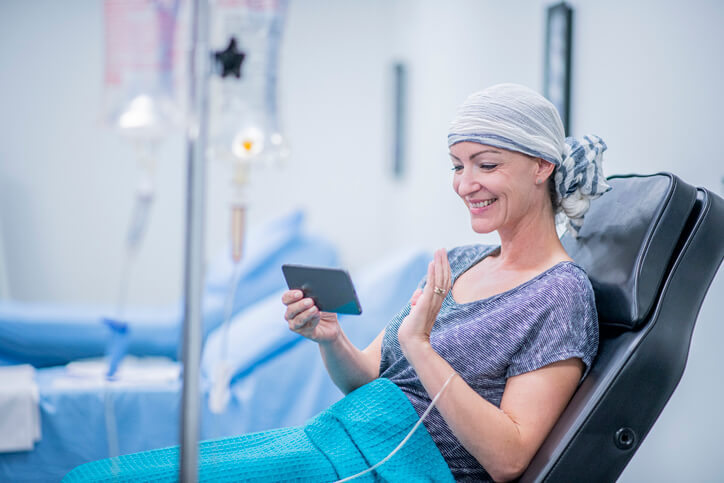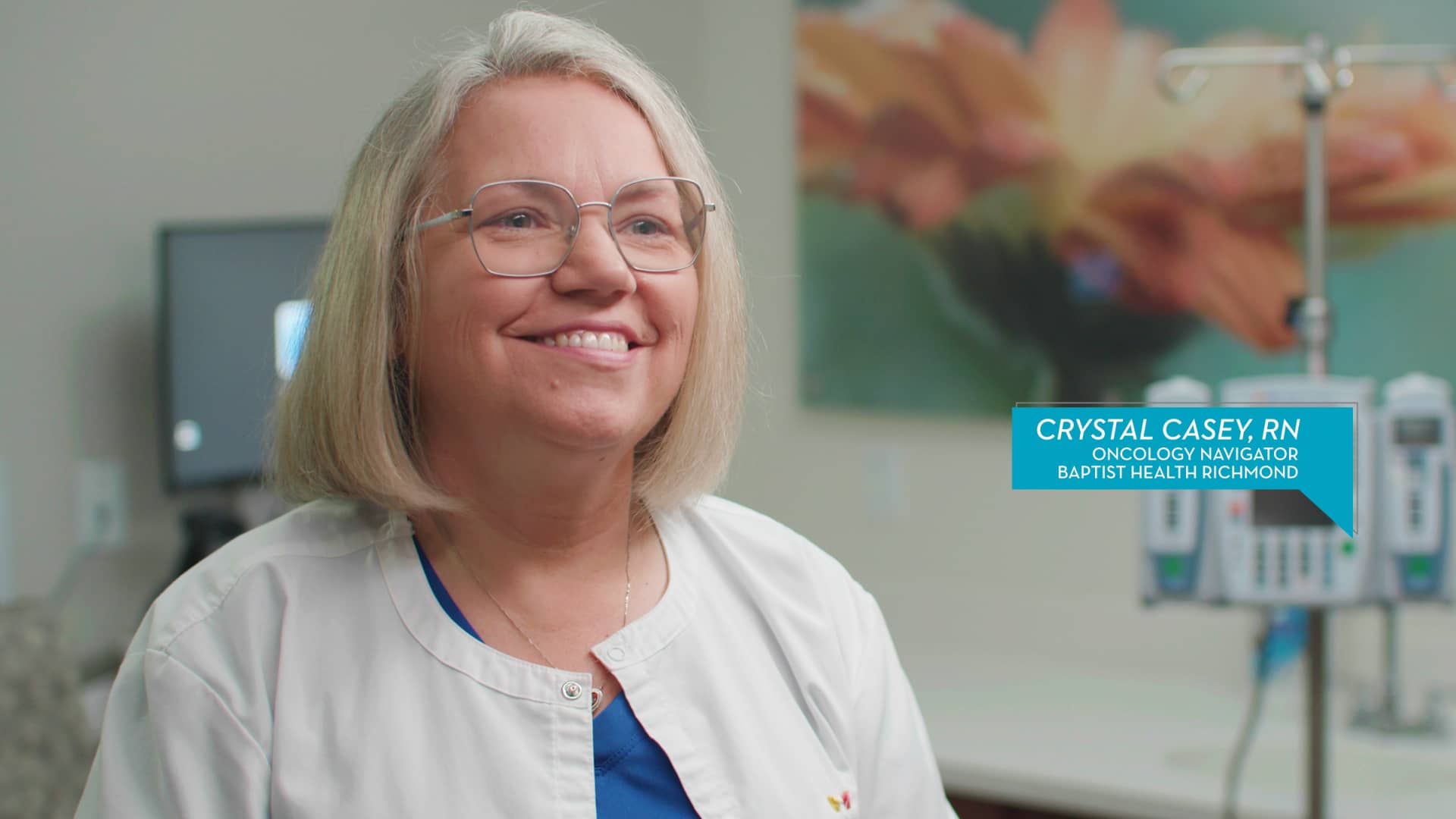Supporting A Loved One, Friend, or Coworker with Cancer

Learning that someone you care about has been diagnosed with cancer can be frightening and disorienting. Supporting a loved one or coworker is something you want to do fully and well, but where do you start? What should you say or not say? What should you do or not do? This article will provide some helpful advice.
What to Expect from Someone with Cancer
Both the disease and the side effects of treating it can produce a number of physical changes in a loved one with cancer. Hair loss, including loss of eyebrows and eyelashes, may occur, and the patient’s skin and lips may become pale. Weight loss or gain is also common, and the person may experience fatigue and difficulty concentrating, which is sometimes referred to as “chemo brain.”
Cancer and cancer treatment can also cause many emotional changes. Fear and uncertainty are fairly universal with a cancer diagnosis, and many patients will be angry at times as well. A sense of guilt about what’s happening to them and their family is also common, as is the feeling of being disconnected from others. In general, whatever emotions are experienced may feel intensified. Consequently, supporting a loved one with cancer requires patience and understanding.
How to Support Someone with Cancer
If you’re wondering how to help someone with cancer, there are many things you can do:
Listen Attentively
Cancer patients find it very therapeutic to be able to share their thoughts with a caring listener. Whether they want to talk about their illness or something totally unrelated, simply being there for them is helpful. And it’s important to note that they should feel no pressure to “stay positive,” as there’s no evidence to support the belief that doing so will improve their treatment.
View the Situation from Their Perspective
As much as possible, try to understand what it’s like to be in their shoes. What are the physical symptoms like? What kind of emotions are they experiencing? The more you can view things from their perspective, the more supportive you can be.
Take on Tasks
While a patient’s cancer and cancer treatment will demand a great deal of their time and energy, the tasks of daily living still need to be completed. Offering to help cook, clean, drive children to and from school or events, etc. can take some of the burden off your loved one. Ideally your offer should be specific. A general question like, “How can I help?” may be difficult for them to answer.
Say “I Love You”
They say actions speak louder than words, but words are important, too. Tell your loved one that you love them often.
Attend Appointments with Them
Even if your loved one doesn’t need you to drive them to medical appointments, offer to accompany them. Hospitals can be intimidating places. Having someone to help them find their way around or just to help them pass the time between appointments or during treatment can be a blessing.
Give Them Space When Needed
Sometimes the most supportive thing you can do is recognize and respect a person’s desire to be alone. And if you discover that’s what they need, be sure to share that fact with others.
Help Them Stay Informed
Cancer patients tend to feel less anxiety when they’re better informed. Help your loved one find the information they need. If you attend appointments with them, take notes, and ask questions as needed so you can discuss things with them later.
Be Honest with Them and Others
Both the patient and their loved ones benefit from the open dialog about what’s happening with their disease, their treatment, etc. This includes children. While you should frame things in a way that’s appropriate for their age, you shouldn’t try to hide what’s going on.
Take Care of Yourself
It may feel selfish to look after your own needs, but doing so helps you do a better job of supporting your loved one.
Learn More About How to Support Someone with Cancer
However it is that you’re able to assist someone with cancer, you can be certain that they appreciate it. Some of the best “medicine” cancer patients receive is the love and support of people who care about them.



